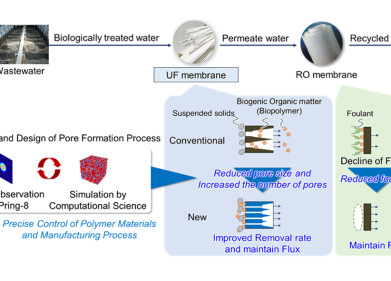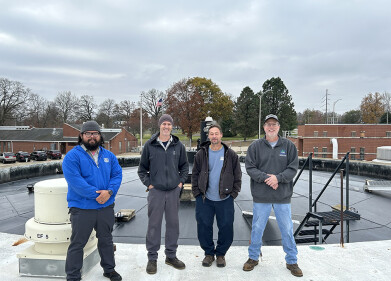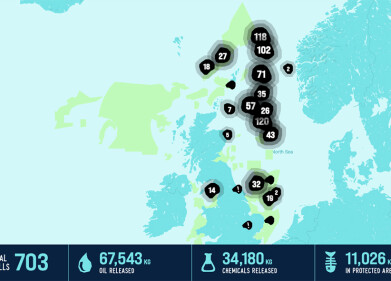Water/Wastewater
Maximising Biodiversity, Minimising Cost
Mar 08 2013
Researchers at the University of Brighton (UK) have been awarded £85,000 to develop a new technique to help improve the biodiversity of freshwater ecosystems and save millions in monitoring costs by targeting the most polluted areas.
The research, funded by the Natural Environment Research Council (NERC) and the Environment Agency, is being led by Dr Gary Bilotta, from the University of Brighton, in collaboration with Dr Chris Extence from the Environment Agency, and Professor Richard Brazier from the University of Exeter.
The project, which provides funding for a PhD student, will focus on developing a new approach to monitoring and controlling particulate matter, from nano-scale colloids to sand-sized sediments. Particulate matter is one of the most common causes of reduced water quality and can have a damaging and costly effect on the health of freshwater ecosystems.
Dr Bilotta said: “The transport of particle matter by rivers to the oceans represents an important process of the global erosion process, an important component of global biogeochemical cycles, and is an essential constituent of freshwater ecosystems, critical to habitat heterogeneity and ecological functioning. However, when human activity causes a significant deviation in the dynamics of particulate matter from ‘natural’ or ‘reference condition’ dynamics, this can cause ecological degradation. Ultimately, this can lead to a significant decline in the associated ecosystem services, estimated to have a global value in excess of $1.7 trillion per annum. It is therefore essential that particle matter, which is one of the most commonly attributed causes of water quality impairment globally, is managed in order to minimise these impacts.”
Increasingly, freshwater managers and policy-makers are seeking conservation measures that will protect and improve biodiversity whilst minimising the costs to and social impact on consumers and local residents. This includes minimising the costs associated with conventional monitoring of water quality parameters such as particle matter. Conventional monitoring of physico-chemical water quality parameters can be relatively expensive and time-consuming when part of national/international monitoring programmes; there are tens of parameters that could be analysed, and sampling must be frequent enough to ensure that the values obtained are representative.
Recently, there has been a shift away from these conventional monitoring approaches towards approaches that focus on low-frequency (lower-cost) biomonitoring techniques, defined broadly as the use of biota to gauge and track changes in the environment. This type of approach relies on being able to predict the expected fauna and/or flora for a site if it were in reference condition, i.e. minimal anthropogenic disturbance. Where the observed community composition does not deviate significantly from the expected community, no major monitoring or mitigation programmes are required. Where the biological community composition does deviate significantly from that expected if the site was in reference condition, then the presence and abundance of certain species or assemblages of species, can provide information on the likely causes of the deviation, allowing for conventional monitoring and management resources to be targeted.
Dr Bilotta said: “This research and resultant biomonitoring tool will be extremely valuable to those involved in the implementation of international water quality legislation, such as the EU Water Framework Directive, saving millions of pounds in monitoring costs in comparison with traditional high-resolution monitoring/sampling approaches and improving the efficiency and effectiveness of compliance with environmental legislation.”
Events
Apr 08 2025 Targi Kielce, Poland
Apr 08 2025 Bahrain
Apr 10 2025 Beijing, China
Apr 10 2025 Beijing, China
Apr 15 2025 Moscow, Russia














